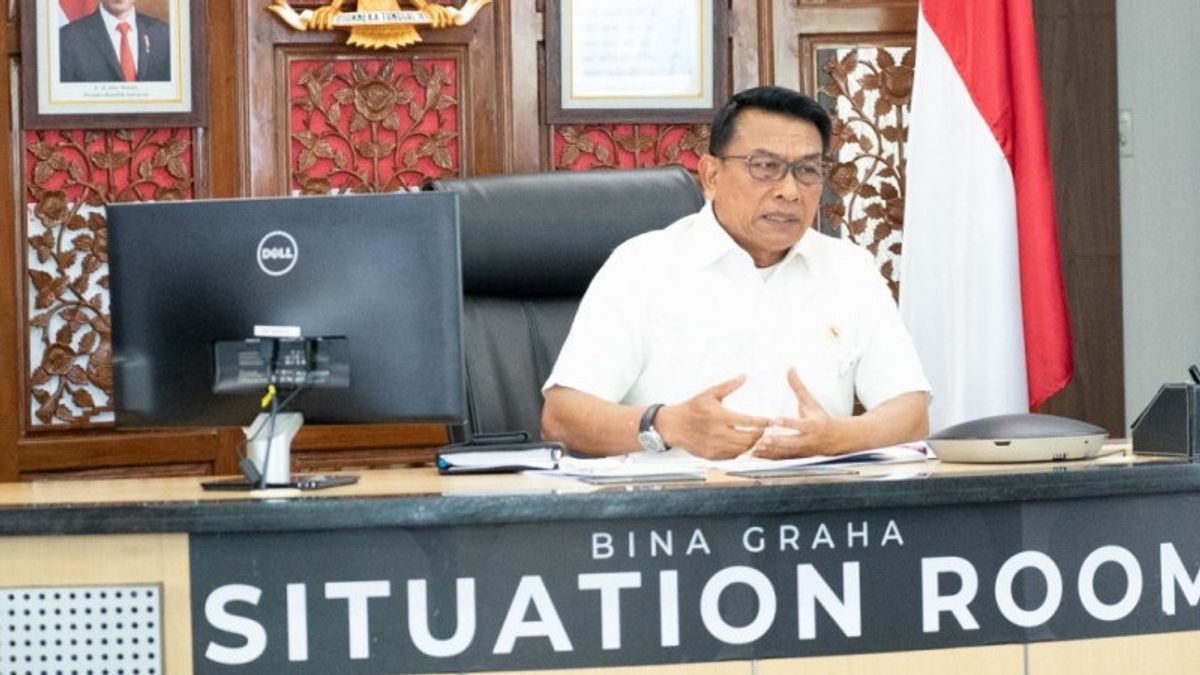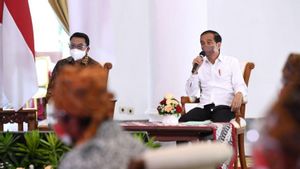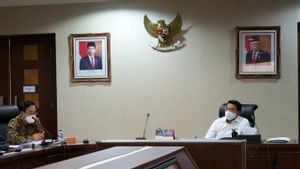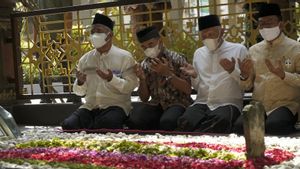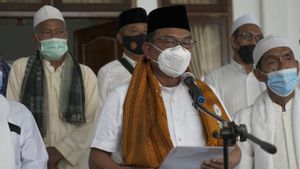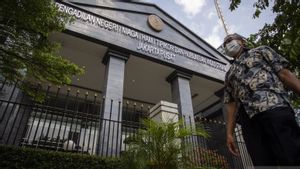JAKARTA - The Indonesian Presidential Chief of Staff, Moeldoko, emphasized that there should be no more illegal levies (extortion), complicated licensing, and unanswered complaints in the Indonesian government bureaucracy.
This statement was conveyed by Moeldoko in response to the increase in the score of the Indonesian Government Effectiveness Index by the World Bank.
"The government's efforts to maintain accountability and performance effectiveness must continue to be taken seriously by all levels of the central government, especially in the regions," said Moeldoko, at the Bina Graha Building, Jakarta, as reported by Antara, Monday, September 27.
Based on the World Bank's release, the Indonesian Government's Effectiveness Index score increased from the previous year, which was 60.1 to 65.3 on a scale of 100. This increase in score improved Indonesia's ranking, from 84th to 73rd, as well as this achievement was the highest increase since 1996.
The Government Effectiveness Index by the World Bank, is a tool to measure the effectiveness of bureaucratic performance in 214 countries in the world. The parameters are the quality of public services, the degree of independence of the bureaucracy to political intervention, the quality of policy formulation, and the credibility of the government.
SEE ALSO:
According to Moeldoko, according to President Joko Widodo's direction, the pandemic must change the way the bureaucracy works to be faster, more effective, and accountable. Various policies in handling the pandemic through refocusing the budget, simplifying institutions, improving the quality of public services, and strengthening system governance that can close gaps in corruption, will continue to be implemented consistently and with integrity.
"The government has made various efforts with risk-based OSS, and strengthening the LAPOR complaint channel, as well as the implementation of saber extortion. Everything must be used by the public optimally," said Moeldoko.
Moeldoko added that the government will continue to strengthen the Implementation of the National Strategy for Corruption Prevention (Stranas PK) together with the KPK, Ministry of Home Affairs, Bappenas, Ministry of PAN/RB, and civil society, so that all policies that lead to simplifying the bureaucracy and strengthening the merit system can be implemented consistently by the government. government.
Deputy V of the Presidential Staff Office, Jaleswari Pramodhawardani, said that efforts to reform the bureaucracy are still facing many challenges, both internal and external.
"Internal obstacles that occur include the low commitment of regional leaders, the work orientation of the bureaucracy that is not fully service-oriented, and the existence of buying and selling positions," he said.
While the external challenge, said Jaleswari, is the revision of Law 5/2014 on State Civil Apparatus which has the potential to fundamentally change the implementation of the merit system.
"All these challenges cannot but must be prevented, because they will have a negative impact on the achievement of bureaucratic reform, which is currently on the right track," said Jaleswari.
The English, Chinese, Japanese, Arabic, and French versions are automatically generated by the AI. So there may still be inaccuracies in translating, please always see Indonesian as our main language. (system supported by DigitalSiber.id)
